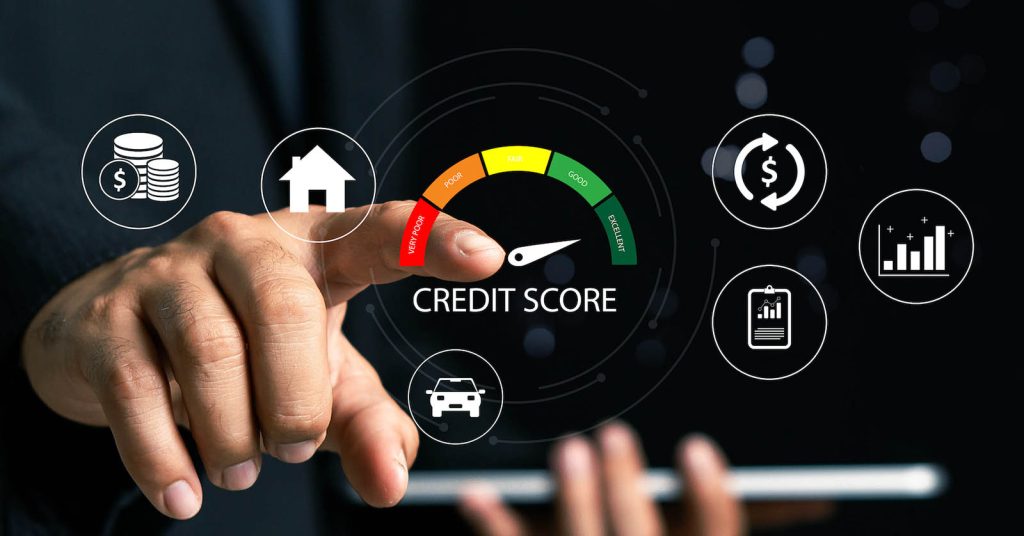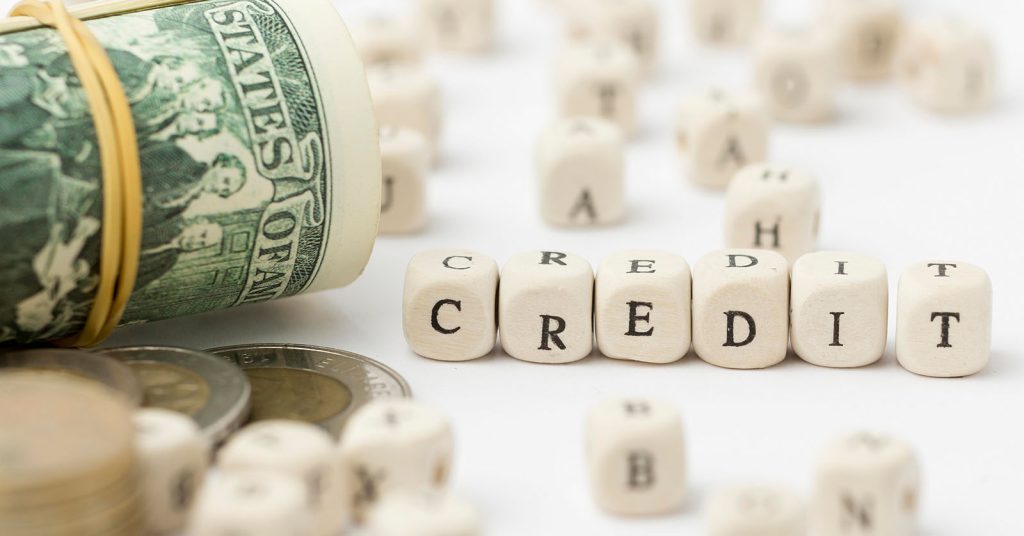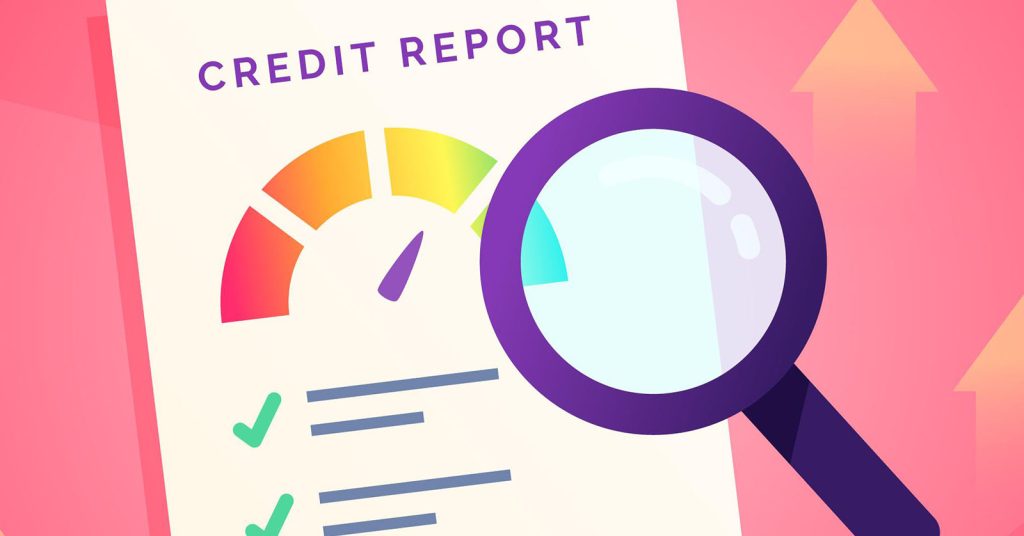Paying down your credit cards should feel like progress, not punishment. Yet many people hesitate to zero out balances or close accounts because they’ve heard that “paying off cards hurts your score.” In reality, the right payoff strategy can lower your interest costs, strengthen your profile, and protect your future borrowing power. The key is understanding how credit scores work, what actually moves the numbers, and which habits quietly do more damage than the debt itself. Let’s break it down into clear steps so you can get out of credit card debt without trashing a good score.
Key Takeaways
- Paying down balances is almost always positive — lower debt usually means lower utilization and a stronger score over time.
- Utilization and payment history matter most — avoid late payments and sudden high utilization changes when adjusting accounts.
- Aim to keep utilization under 30% (ideally lower) — both overall and per card as you pay down your debt.
- Keep good old cards open when possible — closing the wrong account at the wrong time can offset your hard work.
How paying off credit cards really affects your credit score
To pay off cards without harming your credit, you need to know what the major scoring models (like FICO® and VantageScore®) actually measure. Two factors dominate: payment history (whether you pay on time) and credit utilization (your balances compared with your limits). Together, they typically make up the largest share of your score calculation, with payment history alone accounting for about 35% in common FICO models.
Utilization = total revolving balances ÷ total revolving limits. If you have $3,000 across $10,000 in limits, your utilization is 30%. Most experts and bureaus recommend staying below 30%, with many borrowers seeing stronger scores when they keep it under 10%–20%.
When you pay down your credit cards, you’re attacking utilization directly. Lower balances almost always support better scores over the next reporting cycles, assuming everything else (especially on-time payments) stays clean. Experian and other bureaus consistently note that reducing revolving balances is one of the fastest ways to improve your credit health.
So where does the fear come from that paying off cards “hurts” your score? Often from short-term or side effects that people misread. For example, if you pay off one card and close it, you may reduce your total available credit and shorten your average account age. That can nudge scores down slightly, even though your total debt is lower. Similarly, if you shift balances between cards or take out a consolidation loan, temporary changes to utilization on individual accounts can move your score up or down a bit before it stabilizes.
Another nuance: your score is calculated from data as of your most recent statement cycles. If you pay a card to zero after the statement date, your report might still show a balance until the next cycle or creditor update. That delay can make it seem like your payoff “did nothing” or even coincided with a dip driven by something else.
The bottom line: paying down credit card debt is fundamentally positive for your profile. Any score movement you don’t like usually comes from how you manage accounts (closures, new credit, timing) rather than from the act of eliminating the balance itself.
Smart strategies to pay down debt without damaging your score
Once you understand the mechanics, you can choose payoff tactics that align with how scores work. The goal is simple: reduce balances aggressively while keeping payment history perfect, utilization healthy, and account mix stable.
1. Always pay on time, every time. Even one 30-day late payment can hurt far more than any benefit from extra principal payments. Set up automatic payments for at least the statement minimum on every card, then add extra manual payments toward your target card. On-time history is non-negotiable if you want to protect your score.
2. Use the avalanche or snowball — but watch utilization per card. With the debt avalanche, you pay extra toward the highest APR first to save the most money. With the debt snowball, you target the smallest balance first for quick wins. Both work; choose the one you’ll stick with. As you pay down, keep an eye on each card’s utilization and try not to let any single card sit near its limit for long.
3. Pay before the statement date (not just the due date). If you regularly swipe the same card, consider sending an extra payment right before the statement closes. That way, the balance reported to the bureaus is lower, which can support your score even while you’re still using the card for everyday spending.
4. Keep long-standing, no-fee cards open. Older cards with no annual fee are valuable because they support your average age of accounts and boost your total available credit. Instead of closing them, use them occasionally for small purchases and pay them off in full.
5. Consider a 0% APR balance transfer or consolidation loan carefully. A well-structured move can cut interest and speed payoff. But a new account means a hard inquiry and potential short-term dip in age of credit. Only proceed if:
you understand all fees,
you can pay off (or mostly) within the promo period,
and you won’t use the freed-up limits to rack up new balances.
6. Build a small emergency buffer. An emergency fund of even $300–$1,000 helps you avoid running your cards back up the moment something goes wrong, which protects both your budget and your utilization.
What to avoid: common payoff mistakes that can hurt your credit
Some moves feel responsible but can backfire if you care about preserving a strong score while eliminating debt. These are the habits to think through before you act.
1. Closing your oldest or highest-limit card too fast. Shutting down a major line immediately after payoff shrinks your available credit and can raise your utilization (especially if other cards still carry balances). It can also reduce your average age of accounts over time. If the card has no annual fee and no fraud issues, it’s often better to keep it open.
2. Letting one card report maxed out while you pay others. Even if your total debt is falling, a single card near 90%–100% of its limit can drag your score down. Try to spread payments so no one card is “pegged” at the top for long, especially right before major applications like a mortgage or auto loan.
3. Applying for too much new credit at once. Multiple new cards or loans in a short window can mean several hard inquiries and a series of new accounts, which may signal risk to lenders. Space out applications and only open accounts that clearly support your strategy (for example, a targeted 0% APR balance transfer card for an organized payoff plan).
4. Ignoring due dates while focusing on “big” payments. It’s better to pay the minimum on time than a large amount a few days late. Late payments are reported when 30+ days past due; avoid that at all costs.
5. Falling for “quick fix” credit repair schemes. Any company promising to erase accurate negative information or “add” perfect history for a fee is a red flag. Stick to proven steps: on-time payments, lower utilization, dispute only inaccurate data, and seek nonprofit credit counseling if you’re overwhelmed.
Choosing the right payoff method for your goals
There is no single “correct” way to pay off credit cards. The best method is the one that saves you interest, fits your cash flow, protects your credit profile, and keeps you motivated long enough to finish. Here’s a quick comparison of popular approaches with a credit-score lens.
| Method | Best For | Score Impact & Watch-Outs |
|---|---|---|
| Debt Avalanche | Maximizing interest savings | Strong for scores: balances fall fastest on high-APR cards; just keep all payments on time and utilization in check. |
| Debt Snowball | Needing quick wins and motivation | May leave high-APR debt longer, but paying off small balances can quickly reduce utilization on individual cards. |
| 0% Balance Transfer | Good credit; disciplined payoff plan | Short-term inquiry/new account; long-term benefit if you pay off before promo ends and do not add new debt. |
| Debt Consolidation Loan | Multiple cards, high APRs | Installment loan can improve utilization by moving revolving debt; only helps if you stop using cards for new balances. |
| Nonprofit Credit Counseling / DMP | Serious debt stress; need structure | May close accounts and impact utilization/age; however, consistent on-time payments and reduced rates help over time. |
Short-term score changes vs. long-term financial wins
As you pay off credit card debt, you may see your score move slightly up or down month to month. That’s normal. What matters is the direction of your overall financial picture, not a single snapshot.
Your score might tick down briefly if:
an old account is closed,
utilization shifts oddly between cards,
or a new loan or card appears on your report.
But those changes are usually modest compared with the long-term benefits of lower revolving balances and spotless payment history.
In contrast, the risks of not paying down high-interest debt are clear: more of your income goes to interest, your utilization stays high, and one unexpected expense can push you into missed payments or collections. Recent research from regulators shows rising stress around credit card bills and higher utilization levels for many households, making disciplined payoff strategies more important than ever.
If you are planning a major loan application (like a mortgage), be strategic about timing:
aim to have your utilization low and stable for a few months before applying,
avoid unnecessary new accounts,
and don’t close key cards right before underwriting.
Otherwise, do not let fear of a tiny short-term fluctuation keep you from eliminating expensive debt.
The endgame is simple: a thinner stack of bills, more breathing room in your budget, and a credit profile that actually reflects your improved situation. Paying off your cards — done thoughtfully — gets you there.
Frequently Asked Questions (FAQs)
Will paying off my credit card in full lower my credit score?
In most cases, no. Paying off a card in full reduces your utilization, which is generally positive for your score. Any small, temporary dip usually comes from related actions (like closing an account or shifting balances), not from having a $0 balance itself.
Should I close a credit card after I pay it off?
Not automatically. Keeping a no-fee card open can help by preserving your total available credit and the age of your accounts. Consider closing only if the card has a high annual fee you no longer want, or if it tempts you into overspending. Think through utilization and upcoming credit needs before you decide.
Is it bad to pay off my credit cards all at once?
Financially, paying off high-interest balances as soon as you can is usually smart. From a credit-score standpoint, it’s fine to pay them off quickly. Just avoid combining that with unnecessary closures or multiple new accounts at the same time if you plan to apply for major credit in the near future.
Do I need to carry a small balance to build credit?
No. You never need to pay interest to have good credit. Using your card for purchases and then paying in full and on time every month is one of the healthiest patterns you can show.
What if I can’t keep up with my payments while trying to protect my score?
If minimums are a struggle, your priority is stabilizing your situation. Contact your card issuers, consider a hardship plan, or speak with a reputable nonprofit credit counseling agency. Protecting your score is important, but keeping accounts out of serious delinquency and collections matters even more.
Sources
- FICO — Factors that influence FICO® Scores
- Experian — How credit cards impact credit scores
- Experian — Paying off cards and score effects
- CFPB — Credit card basics, payments, and consumer protections
- CFPB — Consumer Credit Card Market Report (context on repayment behavior)
- NerdWallet — Strategies for paying off credit card debt
- Investopedia — Practical payoff strategies and comparisons









